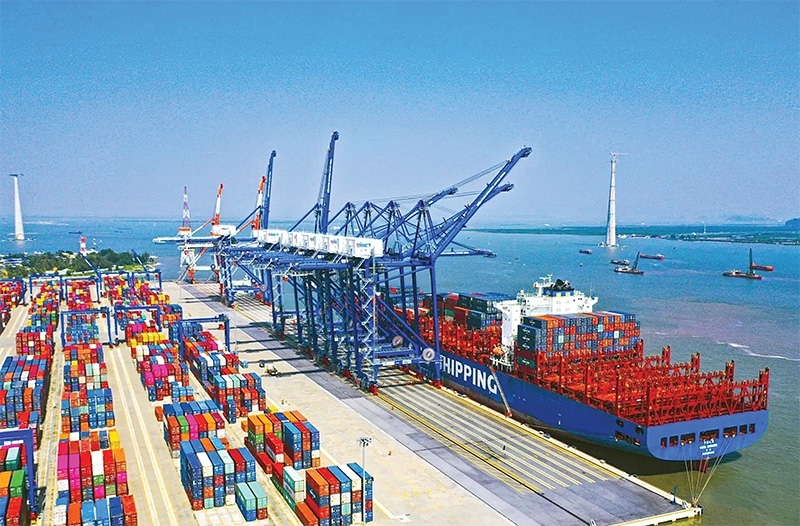
VIR
2504 newsArticles by author

Harsh reality sets in for fashion retail brands
While fashion fanatics will welcome the ever-increasing presence of international brands, the domestic consumer base has already lost a significant portion of its purchasing power amid the influence of the global health crisis on the economy, forcing domestic brands to face increased competition with new strategies to retain their business.

Economy remains on upward track
In defiance of the health crisis hurting the domestic economy, Vietnam has earned international optimitism for its growth outlook on the back of the country’s good control of COVID-19 leading to impressively positive growth last year and a friendly business climate.

Ha Giang proposes dual-use airport construction in Bac Quang district
In its comments to the Ministry of Transport on the draft master plan on Vietnam’s airport development for 2021-2030 with a vision to 2050, Ha Giang People’s Committee proposed adding Ha Giang Airport.

Legal move supports realty market development in 2021
Vigorous legal changes regarding real estate investment and construction are set to beef up the realty market in the Year of the Buffalo.
Real estate seeing recovery in 2021
In 2020 the Vietnamese real estate market, just like across the globe, was heavily impacted by the COVID-19 pandemic and that remains the case today. There are, however, some bright spots in the market and if the virus is fully controlled, this year should recover and also see stronger liquidity.

E-commerce realm requires roadmap
The growing demand for imported products in Vietnam and other markets will fuel runaway growth for cross-border e-commerce. However, the speed of expansion could also impose a burden on the government as it looks to efficiently supervise the fresh business model.

Tech giants building on ICT potential
Vietnam’s ICT market is expected to see a big 5G race in 2021 as international tech giants like Ericsson, Qualcomm, Lenovo, and Huawei look to boost partnerships with local telcos to gain more advantages, driven by strong performances in Vietnam in 2020.

Faith abounds in growth prospects
Despite a decline in state budget revenue, remittances, and foreign direct investment, Vietnam is expected to see positive growth with a surplus in current account this year thanks to a rise in export turnover and foreign currency reserves.

Developer portfolios in restructure phase
Real estate developers are actively restructuring their products towards mid- and low-end segments to be more suitable to the real demands of the market.
Financial institutions begin public trading
Vietnamese banks are enthusiastically filing for initial public offering or re-listing, in which they dream about tapping into broader scope of funds.
